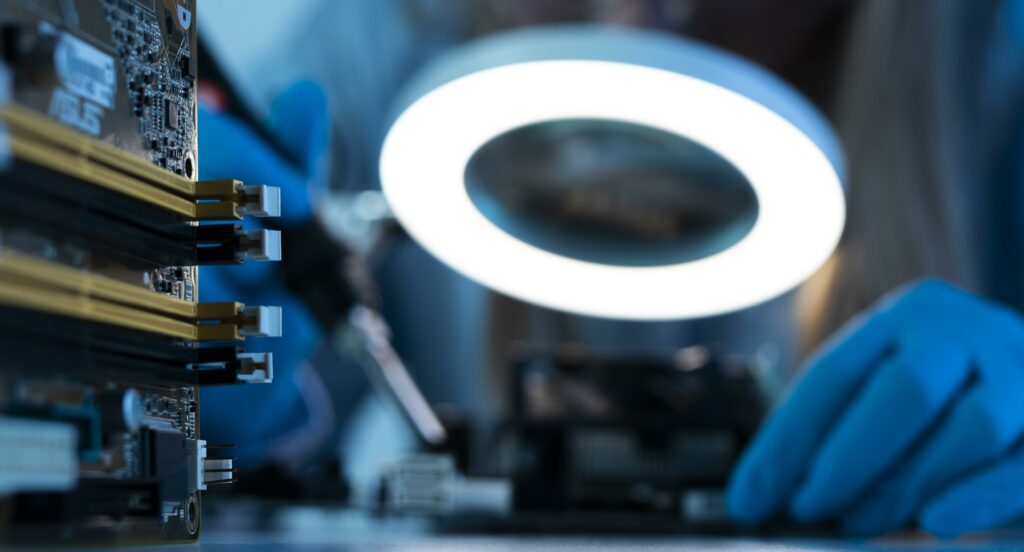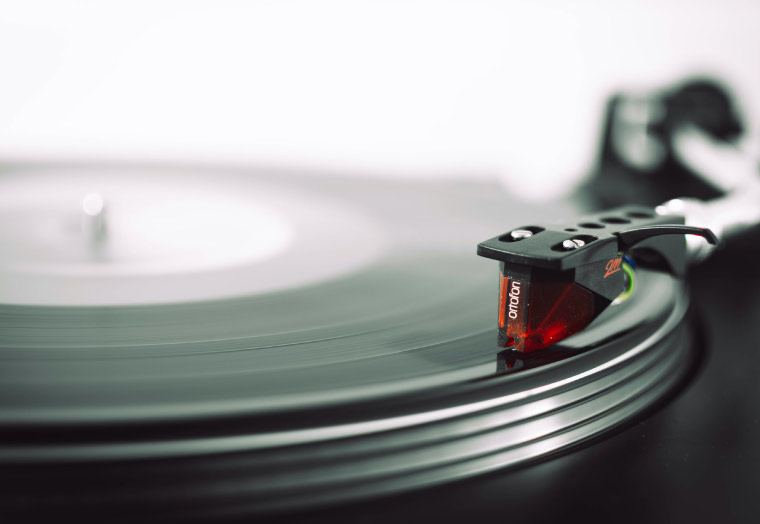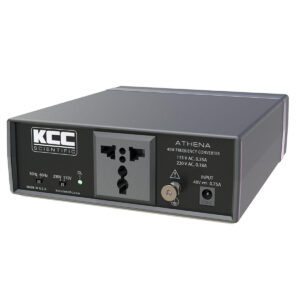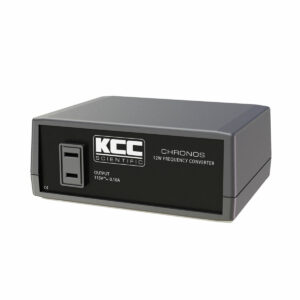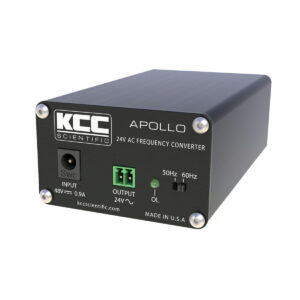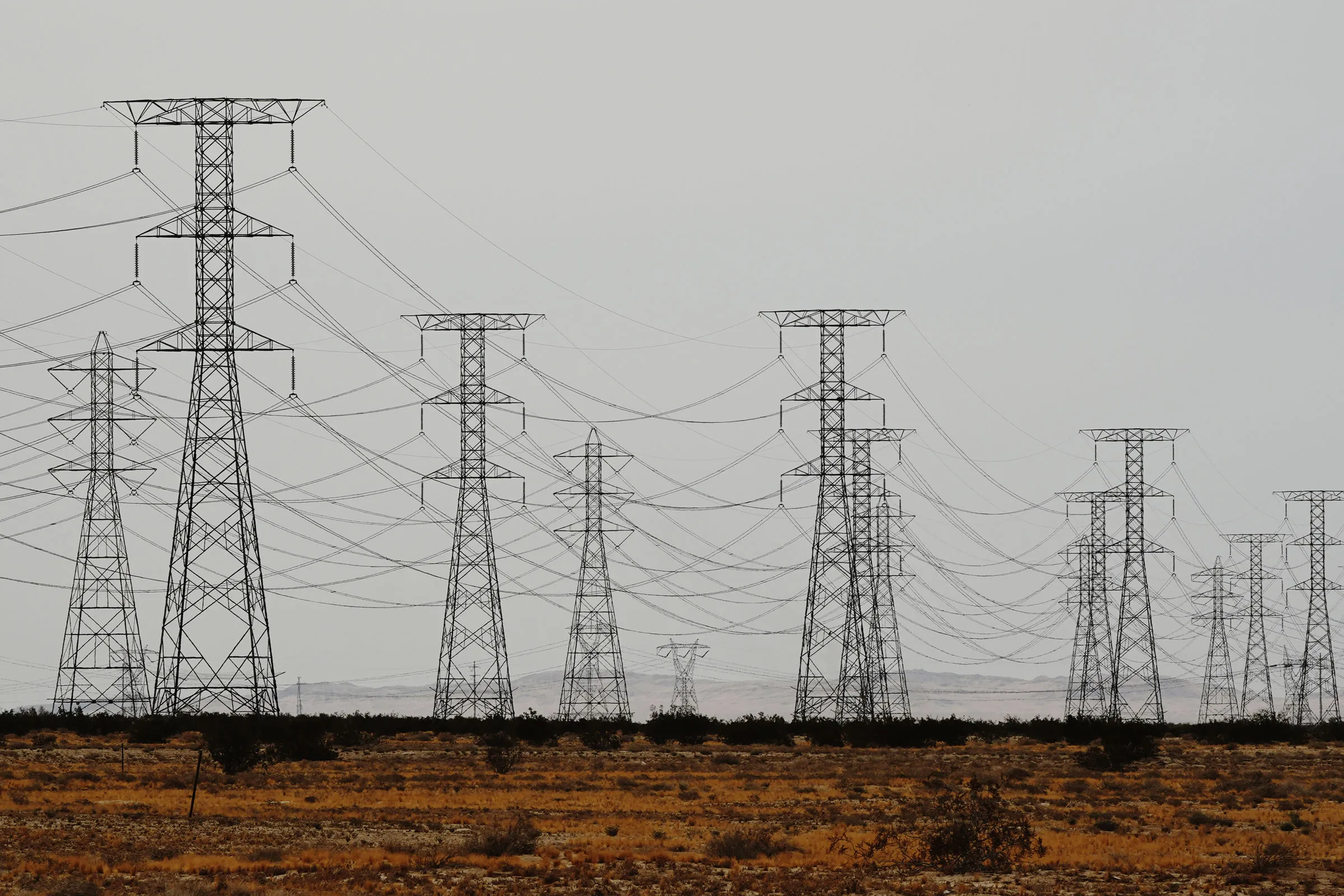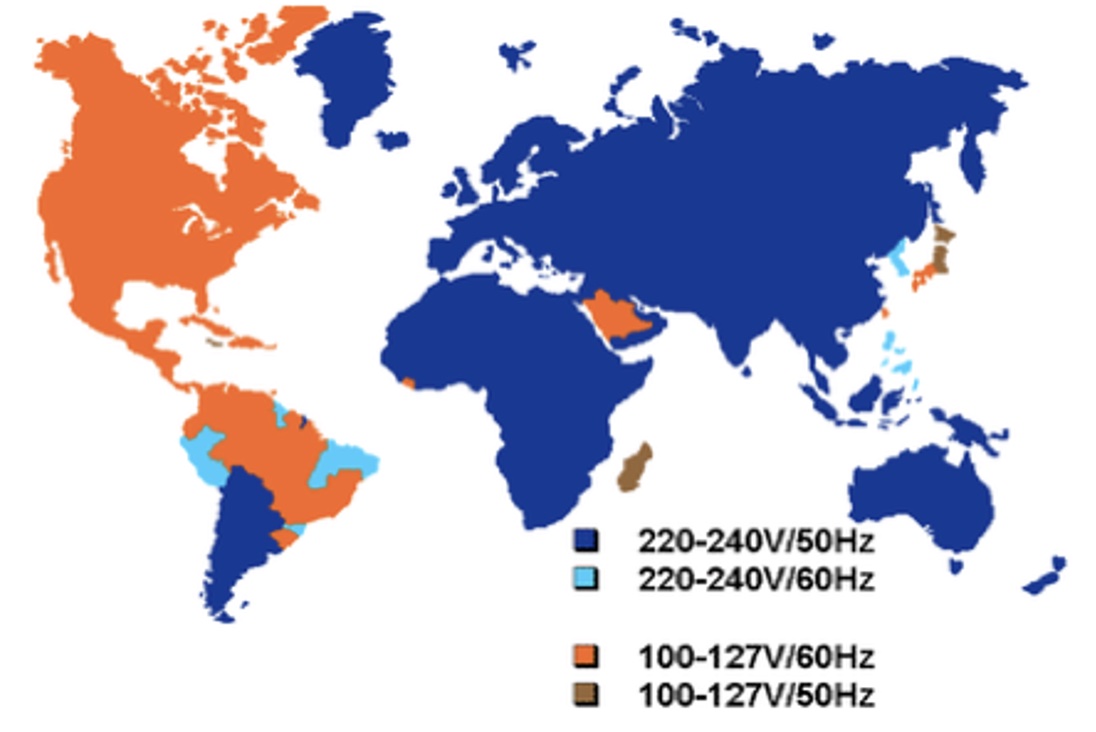1000 Watt Mercury Voltage and Frequency
Converter and Conditioner
Cleans power, regulates power, and converts power for use anywhere in the world.

Convert both 230V 50Hz to 115V 60Hz and 115V 60Hz to 230V 50Hz.
KCC Scientific Voltage and Frequency Converters
Power Electronics Anywhere In the World
Top Sellers
-
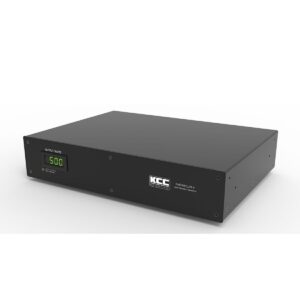
500 and 1000 Watt Mercury Voltage and Frequency Converter- Conditioner
$1,449.00 – $2,395.00Select options This product has multiple variants. The options may be chosen on the product pageThe new Mercury family powers your equipment anywhere in the world. Mercury capability includes:
- 500 watt or 1000 watt editions
- Special AUDIO edition
- Perfect for industry and laboratories
- Powers 160 watt wine coolers
- Power conditioning by mains reconstruction
- Convert power to/from 50-60Hz/115-230V AC
- Clean, regulate or convert power
- Solve global power issues for test
- Mobile, compact and lighter weight
- Both US and EU output power outlets
-
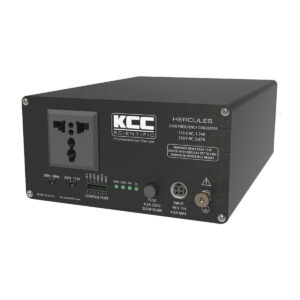
200 Watt Hercules Voltage and Frequency Converter
$699.00Select options This product has multiple variants. The options may be chosen on the product pageThe Hercules Voltage and Frequency converter powers your equipment anywhere in the world. Hercules has been successfully used for:
- Pro Audio systems up to 200 watts
- Vintage audio such as Braun SK55
- Model Railroad
- Lower power appliances
- Electronic production equipment
- Miniature Laser Systems 200 watts or under
- Rework stations up to 200 watts
- International R&D Cooperatives
The 200 Watt Hercules voltage and frequency converter is completely universal output voltage (115V or 230V) or output frequency (50Hz or 60Hz) from the front panel. Output receptacle accepts power plugs from most regions of the world.
Relocating to another country? Read our blog post!
-
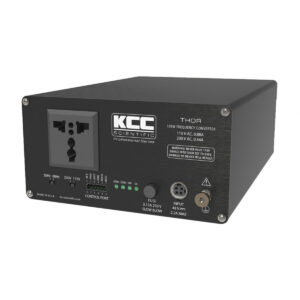
100 Watt Thor Voltage and Frequency Converter
$449.00Select options This product has multiple variants. The options may be chosen on the product pageThe Thor converter allows you to operate your equipment anywhere in the world. Thor is ideal for:
- Audio systems up to 100 watts, surge to 160 watts
- Vintage audio
- Higher power turntables
- Sewing machines
- Fans
- Model trains under 100 watts
- Athletic recovery systems
- Hospital beds
- Magneto-therapy equipment
Our 100 Watt Thor is completely universal output voltage (115V or 230V) or output frequency (50Hz or 60Hz) from the front panel. Output receptacle accepts power plugs from most regions of the world.
-
40 Watt Athena Voltage and Frequency Converter
$299.00Select options This product has multiple variants. The options may be chosen on the product pageOur popular Athena frequency and voltage converter allows you to operate your equipment anywhere in the world. Athena is ideal for:
- Turntables, Tape Players
- Solid State Audio
- Backlit Clocks
- Clock Radios
Perfect for Small Lab Applications
…and much more.
The compact 40 watt Athena (6″W x 7″D x 2″H) converts BOTH voltage and frequency, and includes everything you need to operate your equipment worldwide! Please see detailed description below for the long list of turntables we have successfully powered with Athena.
-
12 Watt Chronos Frequency Converter
$199.00Select options This product has multiple variants. The options may be chosen on the product pageThe Model 1930-115V (Chronos) allows you to operate you clocks, clock radios, many turntables anywhere in the world! Use Chronos to power:
- Clocks
- Flip Clocks
- Vintage clocks
- Clock Radios up to 12 watts
- Turntables up to 12 watts
To power North American clocks and other devices, select Model Chronos (Supplies 115V AC). To power European clocks and other devices, select Model Chronos 230 (Supplies 230V AC). Frequency can be selected as needed, either 50Hz or 60Hz. Everything you need to power your device is included; eg, certified wall adapter and plug style conversion.
-
18 Watt 24 V AC Apollo Frequency Converter
$179.00Select options This product has multiple variants. The options may be chosen on the product pageThe Apollo Voltage and Frequency Converter enables you to power your U-Turn and Rega turntable anywhere in the world!
Apollo provides 24 Volt AC output. It acts as a 24V AC transformer with selectable frequency (50Hz or 60Hz), offering rock-solid stability and reduced hum. It accepts 100-240V AC (50 or 60Hz) mains input. Provides up to 18 watts output power.
Since 2011, KCC Scientific LLC is your trusted source for high-precision voltage and frequency converters designed to help valued electronic devices stay up and running anywhere in the world.
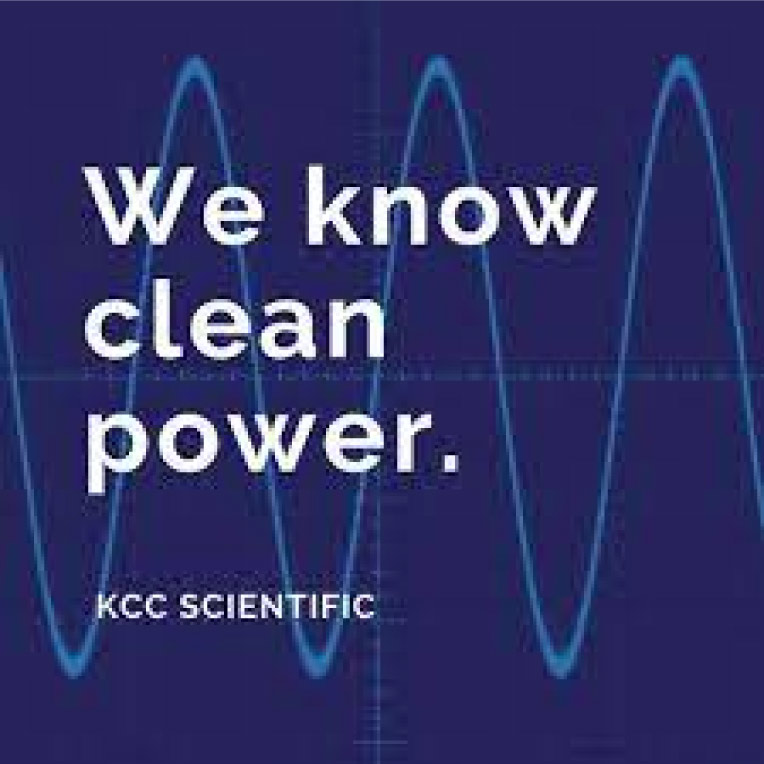
About KCC Scientific
Our engineers, scientists, and partners have been developing highly sophisticated electronic solutions for instrumentation, consumer, oil and gas, as well as photonic applications for many decades. Our experience, insight, and attention to detail have given way to the products you’ll now find on this website. We take great pride in offering innovative, high-precision, reliable products at an economical price. [Learn more]
Featured Articles
Tariffs
The reality is rarely the way politicians describe it.It needs to be said, since tariffs significantly hurt our business. Why?Rarely is it possible for small companies (and many times even large companies) to move all of the technology back to the US needed to manufacture a component or material. Tariffs rarely increase jobs in the
Reviving the Classics: Voltage and Frequency Converters for Vintage Audio Systems
Vintage audio systems have a charm that captivates audiophiles and casual listeners alike. From the warmth of analog sounds to the craftsmanship of classic turntables and amplifiers, these systems tell stories that modern equipment often cannot. To fully appreciate these classics, however, one must consider the feasibility of integrating them into contemporary environments. This blog
Power Quality and the Need for Universal Clean Power
Clean power, power free of aberrations and variations, is essential for the health and function of increasingly sophisticated electronically powered equipment. Learn how KCC Scientific converters using Mains Reconstruction (pat pending) are providing universal clean power.
Who Needs a Frequency Converter? I will Simply Buy an Inverter…
Ken explains the difference between inverters and frequency converters and when to use them.
The Benefits of Buying Made in USA Frequency Converters
Photo by Jakob Owens, Unsplash To many, finding affordable, high-quality products made in USA seems to be a thing of the past. Many folks are so accustomed to living with poor quality products that they have forgotten what it was like when quality products could be purchased in the USA and supported here as well.
How Do You Power Your Valued Electronic Devices in Another Country?
Find out how to power your electronics in a new country. Learn power converter terminology, about adapters and more.



